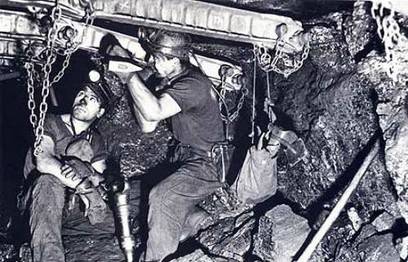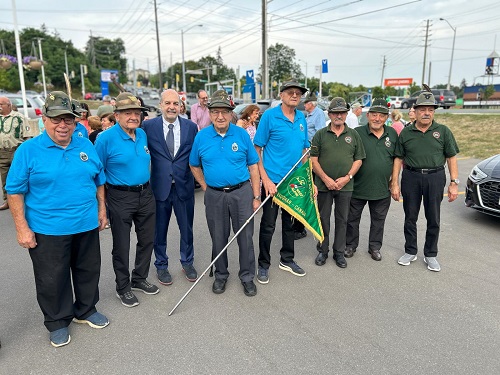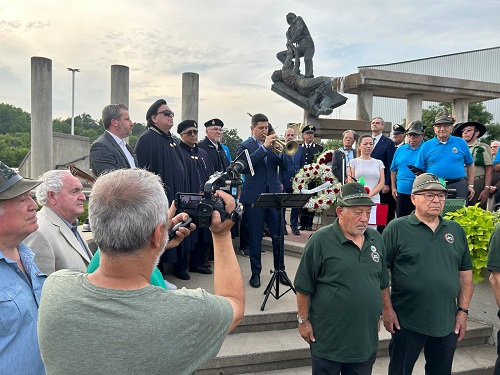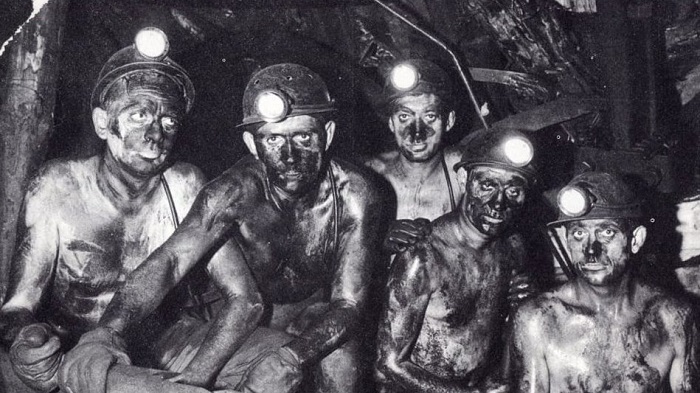“White slaves of Europe”. Victims in Belgium mines
TORONTO – It was the nineteen-fifties, a post-war decade of emigration from Italy closely resembling a mass exodus -especially from the South. The reasons are varied but followed the usual pattern of “push-pull” factors such as population explosions, changing economic factors, restoration of peace inducements… the list goes on.
In 1956, in conditions that today would earn the proprietors and their governments a sentence in the lower rungs of Dante’s Inferno, 136 Italian young men (among 262 unfortunate miners) met their Maker as an explosion caused the collapse of a coal mine upon them.
After the Peace Accords following the Armistice in 1945, several countries (including Canada) began to re-open their doors to potential immigrants from war-torn Europe. They did it out of necessity to invigorate the many reconstruction Projects financed by the USA Marshall Plan and simultaneously capitalize on the availability of indigenous natural resources.
Italians seemed to flock to Northern Europe (Belgium Netherlands and Germany) where the Marshall Plan initially found a ready “infrastructure” for investment. If there was a “ticket to a free lunch,” it did not include “immigrants” – especially Italians. Publicly posted signs were less than welcoming, if not purposefully denigrating in comparing them to certain animals.
This, notwithstanding the “coal for workers” agreement exacted /brokered by the Belgians in negotiation with a weakened post-war Italy. Italians brought with them an ethic of unstinting dedication to contractual obligation on the job and an unwavering resilience to the hardest of jobs so that they could provide for their wives, children and family. They worked, produced, they settled and “abided by the law”.
Belgium profited from those workers (and others, then and later), despite reports of dangerous labour conditions; between 1946 and 1956 there were 740 fatalities reported. People kept coming… conditions did not improve. And then…
“Better conditions” emerged elsewhere – Canada, for example – from 1949 onwards. Our own family was re-united in Canada in 1955. The work ethic was/is prized everywhere and in every industrial sector. When we read about Marcinelle, our hearts sank as did those of families of the trapped miners who gathered at the site anxiously awaiting news, only to hear: “Solo Cadaveri.”
The memorial ceremony Friday, August 8, may not provide comfort to the families of the survivors but it signals that the values of the victims transcended the moment and the era. God bless them all. Compliments to the Consul General, Luca Zelioli and the Comites for allowing that flame to continue to flicker.
Here below are a photogallery and two videos from the memorial ceremony in Woodbridge, Friday, August 8





















